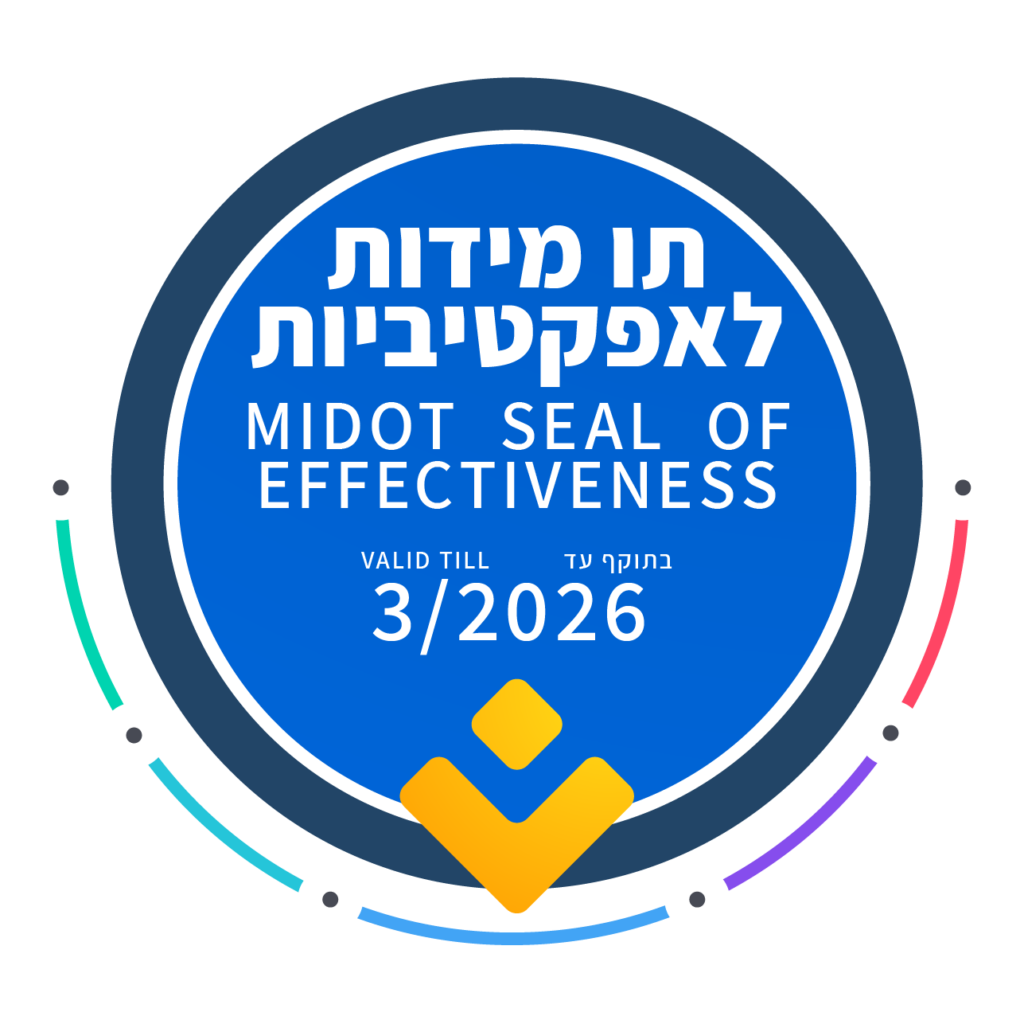My name is Niv Sarig, age 35, from Kfar Sava, originally from Moshav Hibat Zion in the Sharon, with a Ph.D in Mathematics from the Weizman Institute of Science. I work for Nova Measuring Instruments in Rechovot, and I lecture on Mathematics in the Institute of Technology and The Weizman Institute of Science.
After completing a year of national service in the Agricultural Union’s youth movement in the Jordan Valley, and while waiting for my military recruitment, my eldest brother Guy was killed in action. Guy was killed in Tul–Karm, on the eve of The Feast of Tabernacles in September of 1996, during the riots that broke out in wake of the opening of the Western Wall Tunnels, two months before Guy was due to be released from the army.
After serving as squad commander in the paratroopers and platoon commander in the Nahal Infantry Brigade, Guy served as an officer of the border patrol in joint Israeli–Palestinian patrols in the city of Tul–Karm, where he was killed. He was hit by a bullet shot by a Palestinian sniper, after attempting to save Commander Shimon Dayan, who was killed by the bullets of that very same sniper.
The day Guy was killed, my own life and that of my family was completely transformed. The grief, the mourning and the longing for Guy have been a constant companion in the lives of my parents, Yig’al and Tzurit, my sister Michal and myself ever since. For me, the most profound sadness emanates from a feeling of an opportunity lost – “What would have happened if…” Today, I am father to a son (and another on the way); my sister, too, is married and mother to a daughter; and the longing for the big and happy family we might have been, along with his “family”, have been part and parcel of my life ever since he was killed.
Being a member of the The Parents Circle Families Forum opened for me a window of hope, allowed me to meet new friends and hear the personal stories of Israelis and Palestinians who have lost their loved ones in the conflict; and yet despite everything, were still wise enough to open up their hearts to the other side out of a sincere desire to listen, and an earnest need for dialogue.
This direct contact with the Palestinian partners taught me a fascinating lesson in what it means to be human, getting to know the other and diminishing the despair, while bringing home the realization that despite the prevalent perception in Israeli society, as is the case in Palestinian society – there is, in fact, with whom to speak and there is much to speak about.
I came to realize that the feeling of despair, mistrust and ignorance (of which I, too, was guilty until not so long ago), is prevalent in both nations. Only dialogue can shake the foundations of looming walls and lead to true appeasement and the beginning of a solution (as indeed can be seen among the members of the Forum).
It is most important to me to hear from my Palestinian partners about the needs, the desires and the opinions of the Palestinian public so that I might understand what directions and methods may be possible for reaching a solution.
They, on their part, have demonstrated great understanding for my needs, my desires and my fears, as an active Zionist in Israeli society, as well as those of my own nation. This mutual listening to each other and mutual readiness prove to me time and time again that there is hope for a solution and for co–existence between the two nations.
We convey our hope, our partnership, our mutual understanding, our aspirations for peace and our unreserved support of non–violence to school children through joint lectures.
The reactions of the students are critical, thought–out, and interesting. After every lecture, the main impression one gets from the students is the extent to which a direct encounter with a Palestinian peace–activist, who has shared the complexity of his/her life and his/her faith in peace and cooperation – despite the tragedy s/he have experienced – is both important to them and effective.
As we keep reiterating to the students: If we, the members of the forum, who have lost our most precious ones, can sit together and talk and cooperate – then surely everyone can do the same; moreover – everyone must!
Niv Sarig,
Kfar Sava, December 2011


